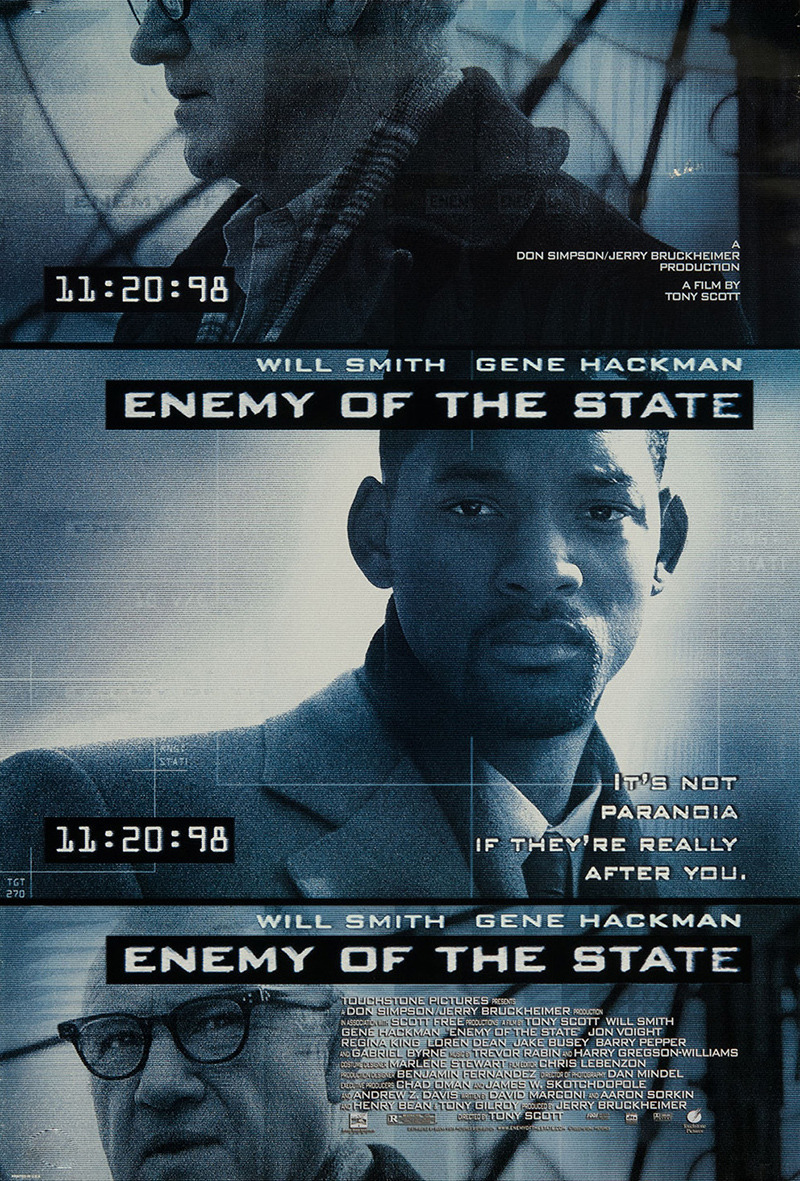

Against such competition I Lift up a disregarded cry. (Albeit vainly) to refuse To me my fair and rightful prey And keep their own in shape to pay The preachers by example teach What, scorning to perform, I teach And statesmen, aping me, all make More promises than they can break. This tariff makes even devils cheat! I'm ruined, and my humble trade All rascals may at will invade: Beneath my nose the public press Outdoes me in sulphureousness The bar ingeniously applies To my undoing my own lies My medicines the doctors use What would they have? -although I yearn To do them nicely to a turn, I can't afford an honest heat. The duty, neither just nor wise, Compels me to economize - Whereby my broilers, every one, Are execrably underdone. The Enemy of Human Souls Sat grieving at the cost of coals For Hell had been annexed of late, And was a sovereign Southern State. A scale of taxes on imports, designed to protect the domestic producer against the greed of his consumer. Enemies of the State acknowledges that the truth is more complicated than that, but only once it has no other choice.“ TARIFF, n. The government is some shadowy force, but rather than working to understand its operation, we’re left to accept that the government will crush the heroic individual whose only crime is a willingness to point out the crimes of the state. What did Kennebeck have beyond some flashy visuals and colorful narrative? The problem with the hacker-on-the-run narrative is that it misses systemic issues in favor of interpersonal ones. Over halfway through Enemies of the State, I was left wondering what the larger picture was supposed to be here. It’s tantalizing to go down a rabbit hold of conspiracy theories, but a good documentarian seeks to illuminate rather than confound. I have to admit that documentaries like Enemies of the State bother me a bit. But left only with his previous testimony and the unfailing support of his parents, there’s a big Matt DeHart-shaped hole in this documentary and all that can fill it is a shrug.

No matter which narrative you choose to believe, it never adds up to much because all Kennebeck has is an interesting yarn that she probably planned to tie together once she could land an extensive interview with DeHart. There’s nothing that precludes DeHart’s belief that he’s a victim of government persecution and the prosecution’s case that DeHart engaged in soliciting child pornography from minors. Oddly enough, what Kennebeck never really seems to explore is the possibility that both stories are true.

Rather than crafting a story based on the totality of the evidence she acquired, Enemies of the State plays like Kennebeck fully bought into DeHart’s story, and when that story could no longer sustain the “these child pornography charges are false and designed to strongarm Matt DeHart”, the director tacked on the last 15 minutes with a slapped-on message about conflicting truths. It would be one thing if these dramatizations were how the DeHarts saw their story, and then everything else was photographed differently to show the depths of their beliefs, but the whole film is shot with low lighting and dark shadows. To follow this case for years and end it with a couple of talking heads whose insight amounts to nothing more than “engage your critical thinking skills and reassess your truth when provided with new information” is a shallow and simplistic conclusion for a film that is never happier when it’s using overwrought dramatizations so it can play like a paranoid thriller.


 0 kommentar(er)
0 kommentar(er)
